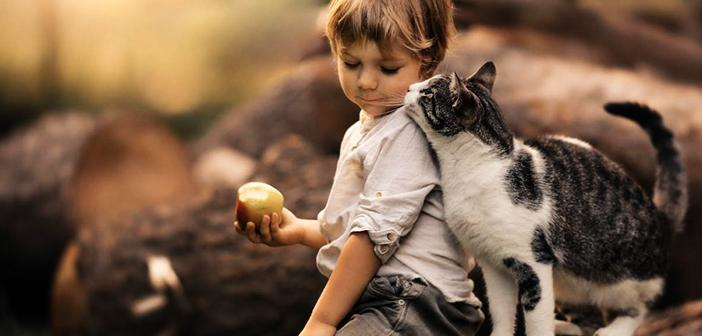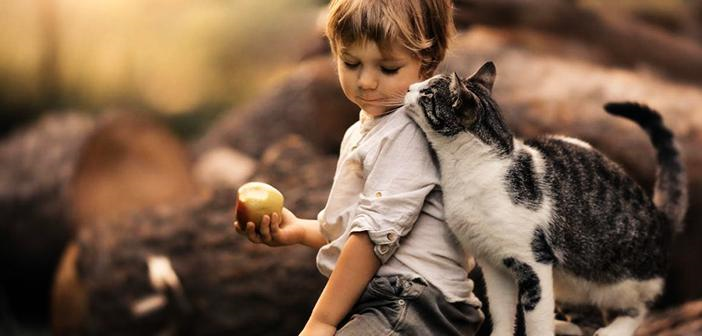Instilling a love for pets in children contributes to their emotional development while also teaching them values like responsibility, empathy, and love. Pets are valuable family members who enhance children's social skills and offer companionship. In this article, we will focus on methods for nurturing a love for pets in children.
Introducing Pets to Children
The first step in introducing children to pets is teaching them to be gentle and respectful toward animals. Discussing how animals might feel and how to behave around them helps develop empathy.
First Meeting
Conduct your child's first meeting with the pet in a calm and controlled environment.
Teach your child how to approach and touch the animal without frightening it.
Involvement in Daily Routines
Allow your child to participate in the pet's care routines, which may include feeding, walking, and cleaning.
This process teaches children to take responsibility and consider the needs of others.
Educational Activities
Organize educational games and activities to foster a love for pets in children. These activities help them learn about animals and how to interact with them safely.
Books and Stories
Read educational books about animals and tell stories that explain animals' emotions and needs.
Such activities increase children's interest in animals and provide opportunities for empathy.
Observation and Learning
Take your children to zoos, farms, or animal shelters to learn about different animal species.
These experiences reinforce children's curiosity and affection for animals.
Empathy and Respect
Teaching children to empathize with and respect animals is a crucial element in instilling a love for pets. When children understand that pets have feelings and deserve respect, a strong bond forms.
Forming Emotional Bonds
Encourage children to form emotional bonds with pets, strengthening feelings of trust and loyalty.
Highlight the contributions and importance of the pet to the family, ensuring children value them.
In conclusion, while instilling a love for pets in children, it's essential to remember that the process should be based on mutual respect and understanding. Just as each child and animal has its own character and needs, the relationship should evolve to become satisfying for both parties over time. This ensures a happy and healthy coexistence for both children and pets, allowing both to benefit fully from this beautiful friendship.
Children who grow up loving pets are likely to become more compassionate, understanding, and responsible adults. Therefore, the value of instilling a love for pets in children is significant not only for today but also for a better tomorrow.


